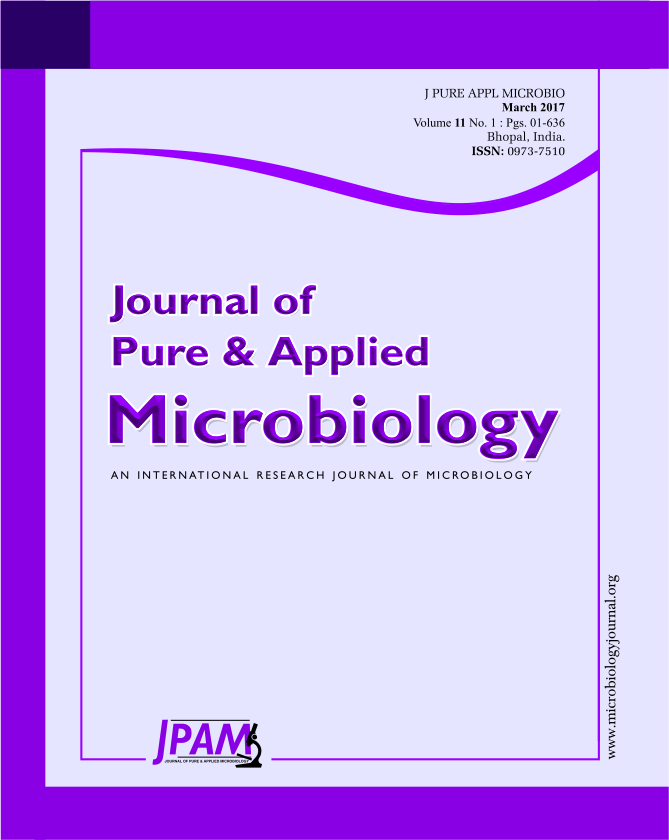All surfaces of human body are colonized by many microbial communities but gut is colonized by greater densities known as the microbiota or commensally microflora which is mainly influenced by the plant extracts in the diet. In this study, 4 different plant materials, the leaves of Camellia sinensis, Mentha piperita and Petroselinum crispum in addition to the Pimpinella anisum seeds were collected and extracted with either hot water or methanol. The antimicrobial activity was determined using agar well diffusion method. All the extracts showed antibacterial activity against some bacterial pathogens including Escherichia coli, Salmonella typhimurium, Pseudomonas earuginosa, Enterococcus faecalis, E. faecium Staphylococcus aureus and Streptococcus agalactiae which was used as a control. The water and methanol extracts of Camellia sinensis and the water extract of Pimpinella anisum and Petroselinum crispum showed significant lower antibacterial activity against all the tested probiotic bacteria like Lactobacillus and Bifidobacteria. MICs values of the water extracts of the 4 tested plants were recorded for all the tested bacterial pathogens in addition to the tested probiotic bacteria. Concerning the pathogenic bacteria, MIC was ranged from 50-250 µg/ml, 100-150 µg/ml, 150 µg/ml and 75-125 µg/ml for Camellia sinensis, Pimpinella anisum, Petroselinum crispum, respectively. Concerning the probiotics, the MIC of the 4 tested plants was greater than 250 µg/ml except for L. plantarum, where the MIC of Camellia sinensis was 250µg/ml. The presence of plant extracts slightly decrease the rate of growth L. acidophilus and the decrease was clear in case of Camellia sinensis> Mentha piperita > Pimpinella anisum> Petroselinum crispum. In conclusion, the tested plant extracts affect significantly the growth of pathogenic bacteria but the effect was lower on the tested gut bacteria, thus they can be used safely to improve human health
Plant extract, Gut microbiota, Mentha piperita, Pimpinella anisum, Petroselinum, Camellia sinensis.
© The Author(s) 2017. Open Access. This article is distributed under the terms of the Creative Commons Attribution 4.0 International License which permits unrestricted use, sharing, distribution, and reproduction in any medium, provided you give appropriate credit to the original author(s) and the source, provide a link to the Creative Commons license, and indicate if changes were made.


